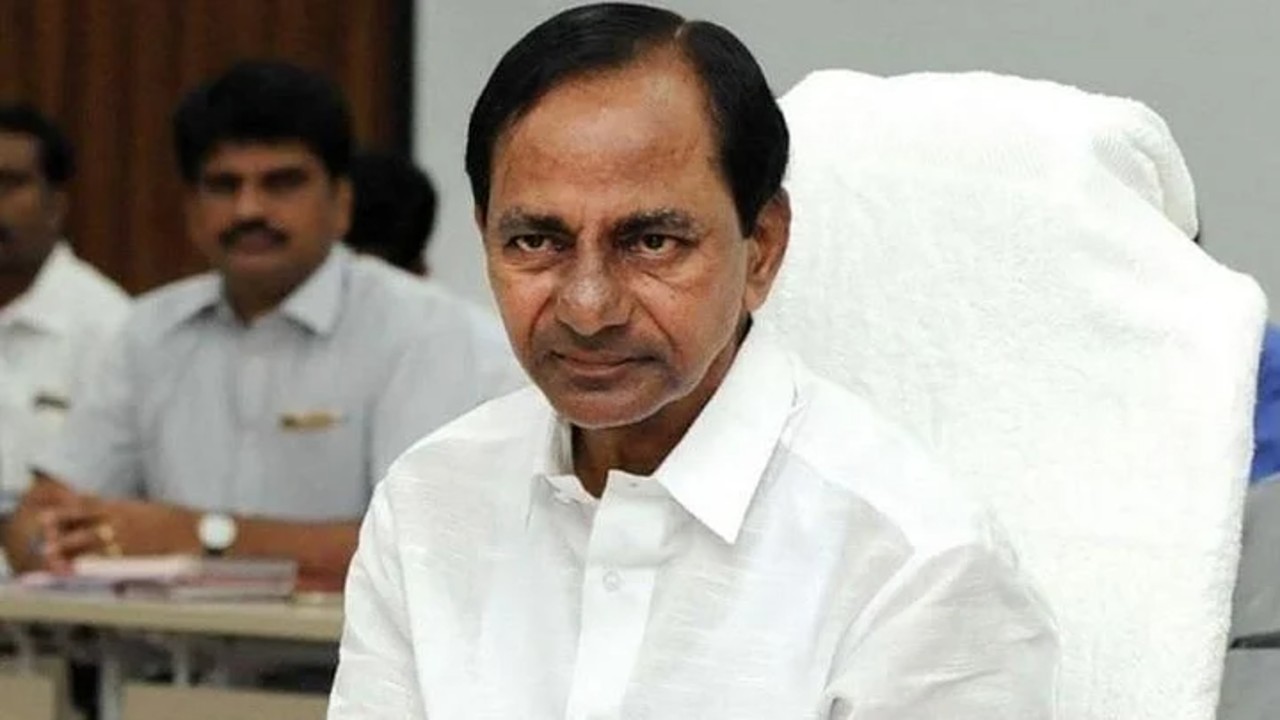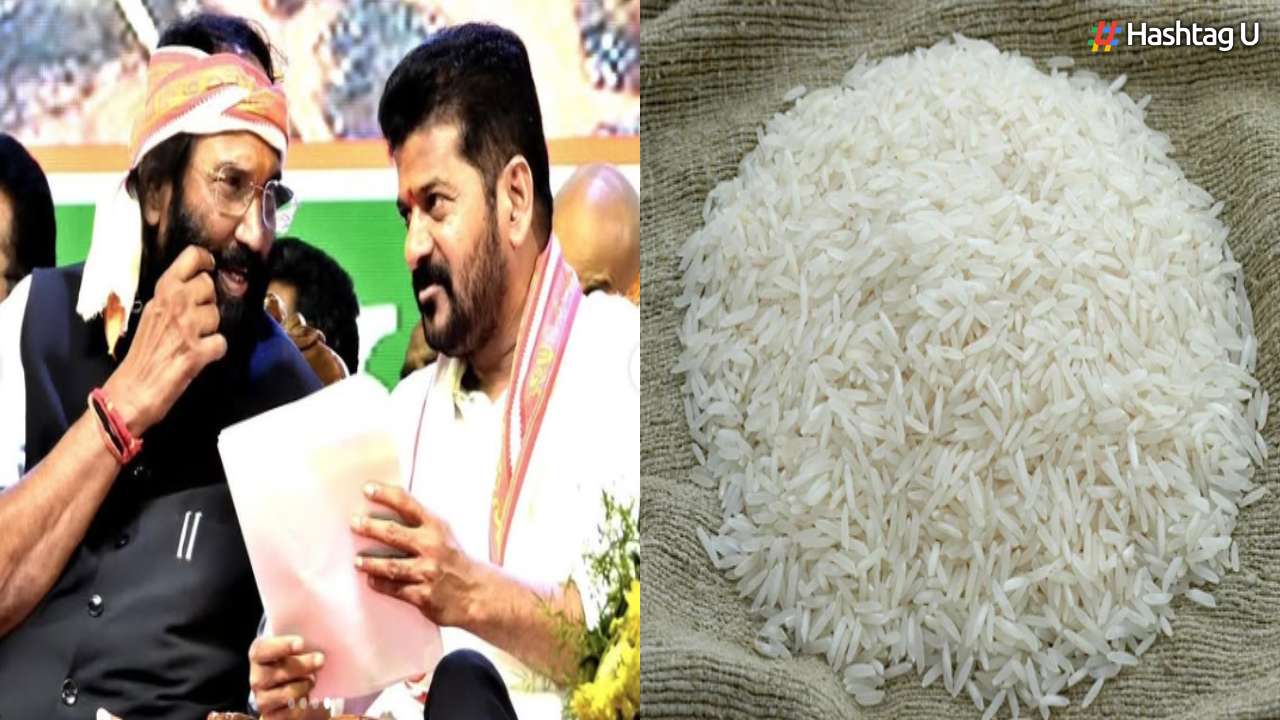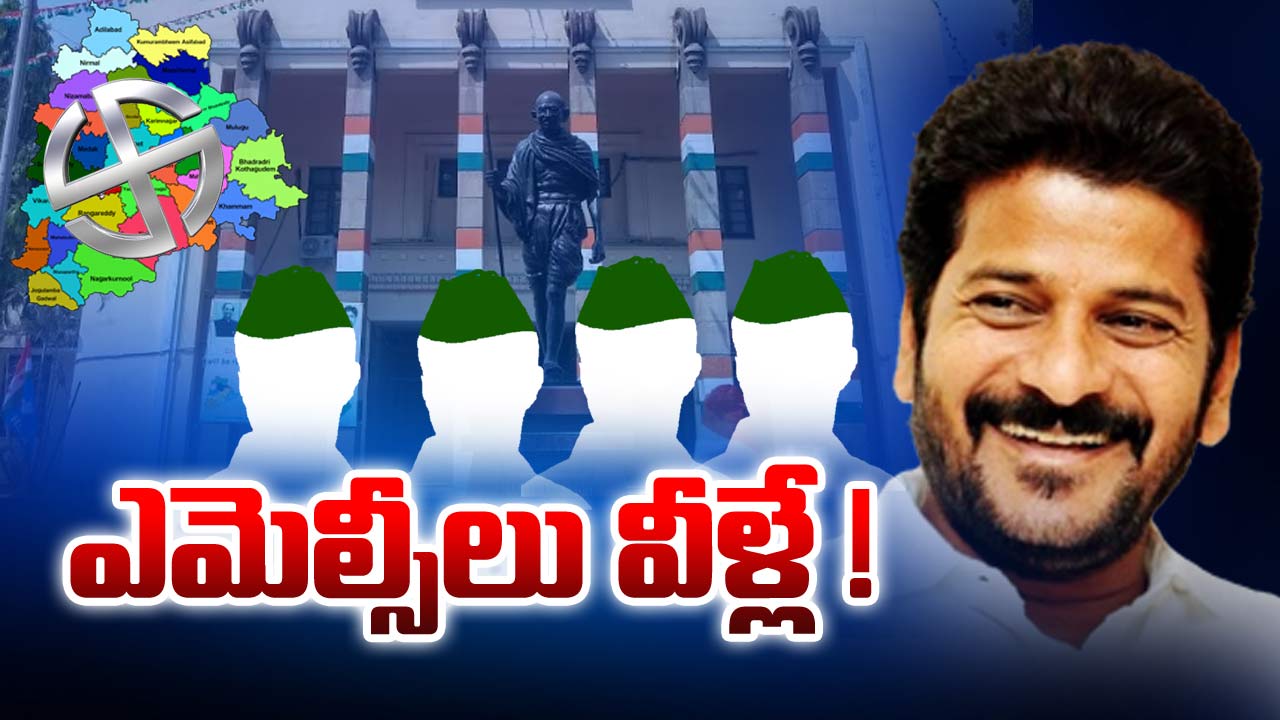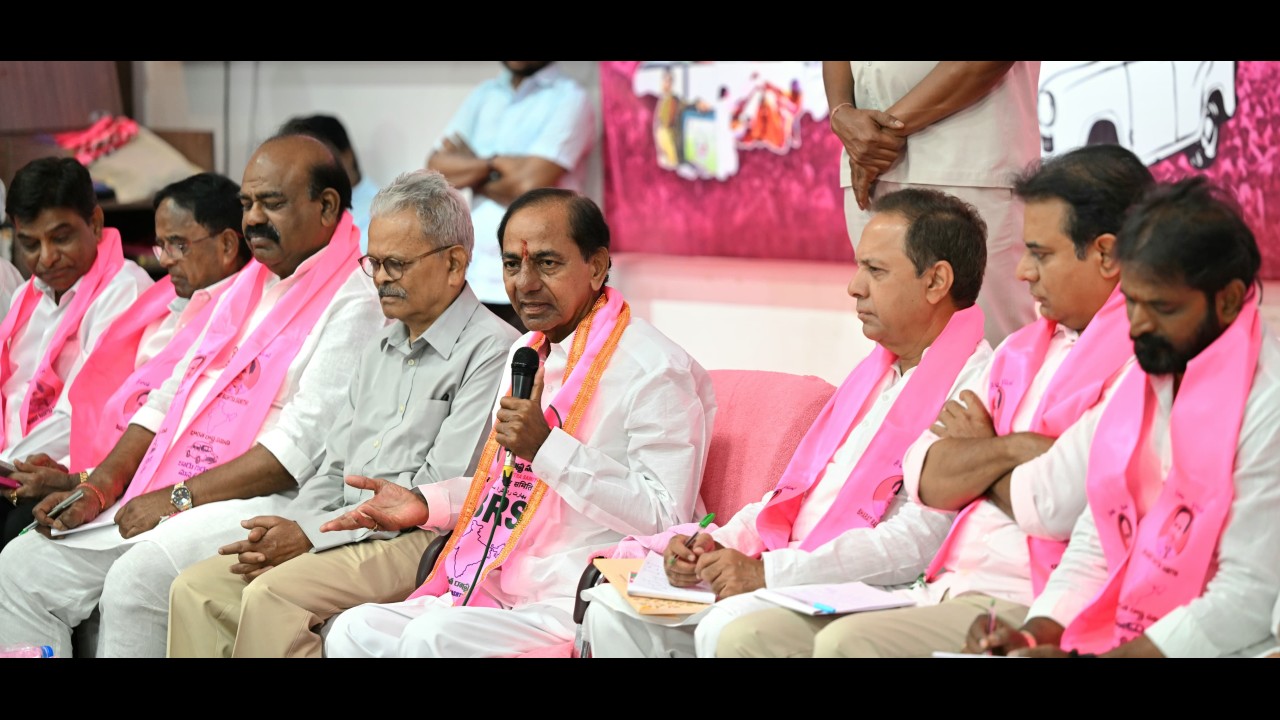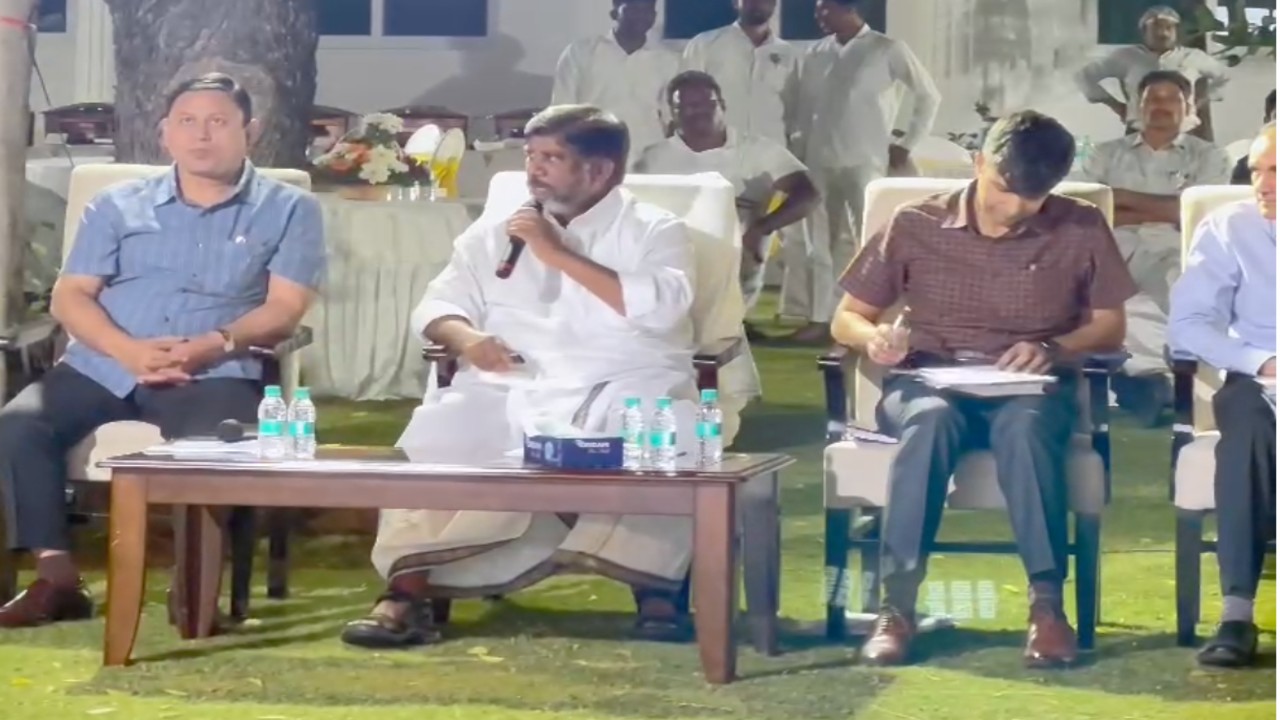Political Clash over Musi River Project: KTR and Revanth Reddy exchange sharp barbs
On October 18, KTR launched a strong critique of Chief Minister Revanth Reddy, alleging that he is inflating the costs of the Musi project from an initial estimate of Rs 50,000 crore to a staggering Rs 1.5 lakh crore.
Dinesh Akula | Published On: Oct, 19, 2024 | 12:42 PM
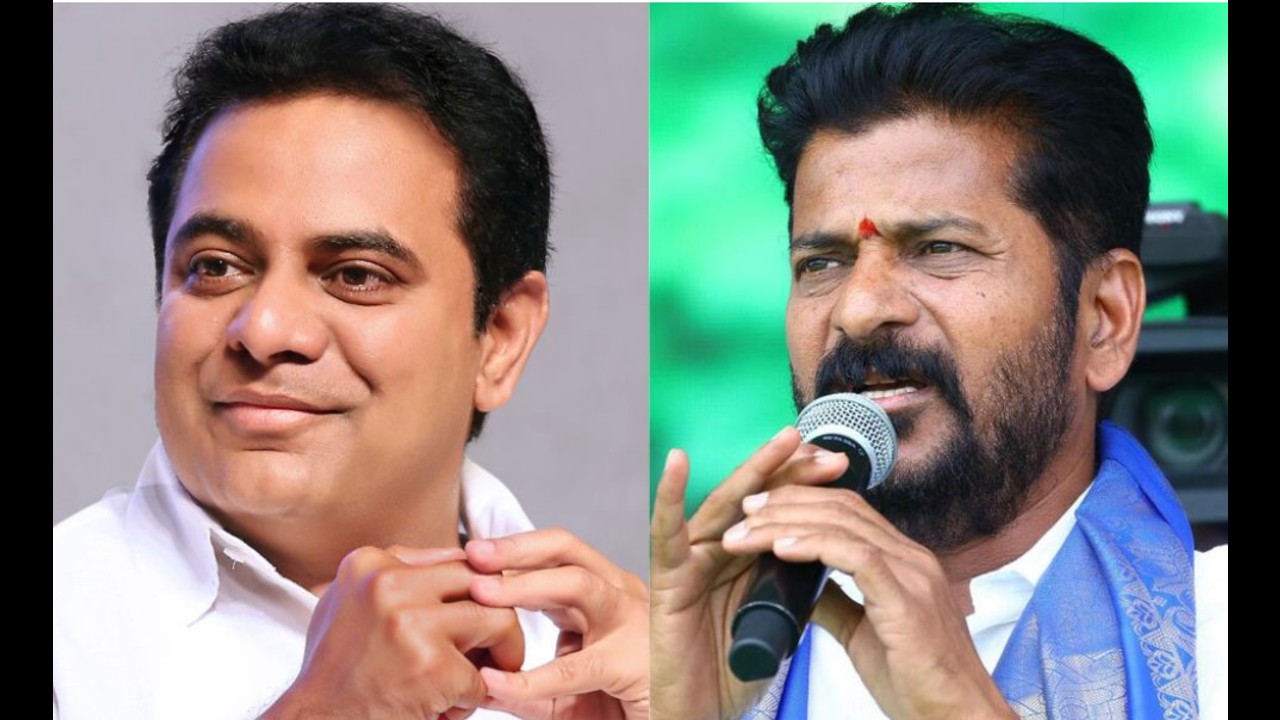
Hyderabad, October 19, 2023 – A heated exchange of accusations between Chief Minister A and Revanth Reddy has shaken the political landscape in Telangana. K.T. Rama Rao (KTR), the working president of the Bharat Rashtra Samithi (BRS), is also involved in the controversy. The dispute focuses on the ambitious Musi River Development project, with both leaders criticizing each other’s integrity and intentions.
KTR’s Accusations Against Revanth Reddy
On October 18, KTR launched a strong critique of Chief Minister Revanth Reddy, alleging that he is inflating the costs of the Musi project from an initial estimate of Rs 50,000 crore to a staggering Rs 1.5 lakh crore. KTR accused Reddy of turning the project into an “ATM” for the Congress party, claiming that this financial inflation is a scheme for corruption.
During a media briefing, KTR presented a PowerPoint that argued the Musi River could be rejuvenated for just Rs 25,000 crore. He highlighted the measures the BRS government has taken over the past decade, including constructing over Rs 3,800 crore worth of Sewage Treatment Plants (STPs) to prevent untreated wastewater from entering the river. KTR emphasized the BRS’s commitment to making Hyderabad the first South Asian city to utilize 100% sewage treatment.
KTR further asserted that Revanth Reddy was conspiring to execute the “biggest scam” by abandoning established designs and programs that could rejuvenate the river at a significantly lower cost. He hinted at the involvement of questionable companies in the project, which he claimed have faced international financial scrutiny.
Revanth Reddy’s Defense and Counterattack
Revanth Reddy defended the Musi Riverfront Development project in a passionate response, stating that its goal is genuine rejuvenation rather than just beautification. He criticized the opposition, explicitly targeting KTR and other BRS leaders for attempting to obstruct progress that could improve people’s lives near the river.
Reddy challenged KTR and Harish Rao to spend three months along the Musi River to experience the living conditions firsthand and help demonstrate the project’s importance. He categorically denied KTR’s claims about the inflated project cost, questioning the basis of KTR’s figures and revealing that a consortium of five companies had been contracted for the project, with an initial agreement costing only Rs 141 crore.
The Chief Minister expressed disappointment at the opposition’s resistance, accusing them of spreading misinformation out of frustration over their loss of power. He emphasized that the project focuses on rehabilitation, stating that 10,000 families would be relocated from the riverbank and that financial assistance would be provided to those affected.
Political Implications and Public Reaction
The heated exchange between the leaders has sparked a debate about transparency and accountability in government projects. KTR urged caution regarding potential corruption, while Revanth Reddy emphasized the project’s necessity for public welfare. The Chief Minister’s promise to hold a specific assembly session to discuss the matter and his invitation for opposition parties to provide suggestions show a willingness to engage in dialogue despite the ongoing discord.
As both leaders continue exchanging criticisms, the public and political analysts closely monitor how these accusations will affect their respective parties in the upcoming elections. The Musi River project remains a contentious issue, reflecting the broader political dynamics in Telangana as each side strives to shape its narrative amid increasing scrutiny from constituents.
This ongoing confrontation underscores the critical importance of effective governance and the need for responsible political discourse as both leaders assert their positions in a rapidly evolving political climate.


